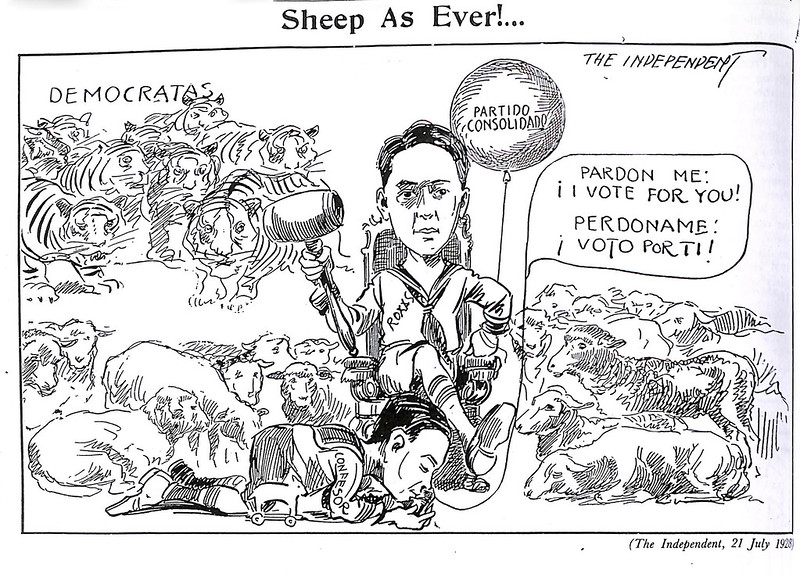
Had a very troubling —harrowing— but brief conversation with someone who works with the families of EJK victims. I asked some questions and got disturbing answers... (A thread) 

I asked if liquidations were continuing and got the impression they not only continue but have even accelerated. I asked, why? Answer: because for the first time the top leadership of police has no qualms demanding and expecting it be done. In the past, it was still clandestine.
A further answer: the top leader of police was precisely appointed because of enthusiasm for this task; so much so that entire classes (more than one) and thus a significant number, of more senior police were skipped over to make this appointment. This has supposedly riled up...
a couple of PMA classes in both the military and police (but this is an oft-told tale and one wonders what careerists will actually do about it). The point is that with media attention muted at best and the public remaining both tolerant and even welcoming (in principle if not...
practice). All the more that liquidations are unimpeded. Are there purges then within ranks of cops? Answer was yes which ties in with what I’ve heard elsewhere, previously; cops against liquidations had declined promotions or gone on study leave at first. After midterms they...
were identified and drummed out of the police for their low key opposition. With this top-down focus on liquidations, was there a kind of revival of the Japanese Occupation where personal scores were settled by acting as informants against personal enemies, I asked? The reply...
was yes, but in such cases it would require the connivance of the local chief of police. But this suggests the tremendous power such chiefs now wield with absolutely no recourse against them on the part of institutions or individuals. I can only hope there remain investigative...
journalists who can look into the current situation.
• • •
Missing some Tweet in this thread? You can try to
force a refresh









